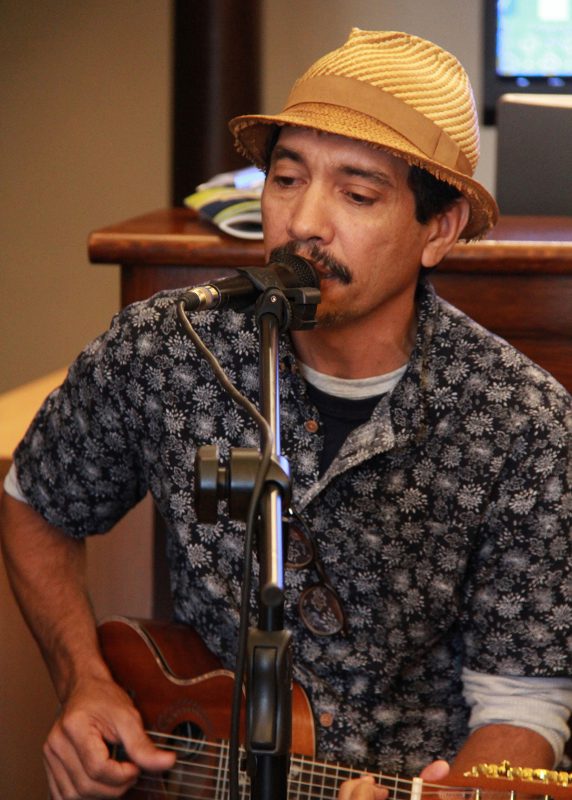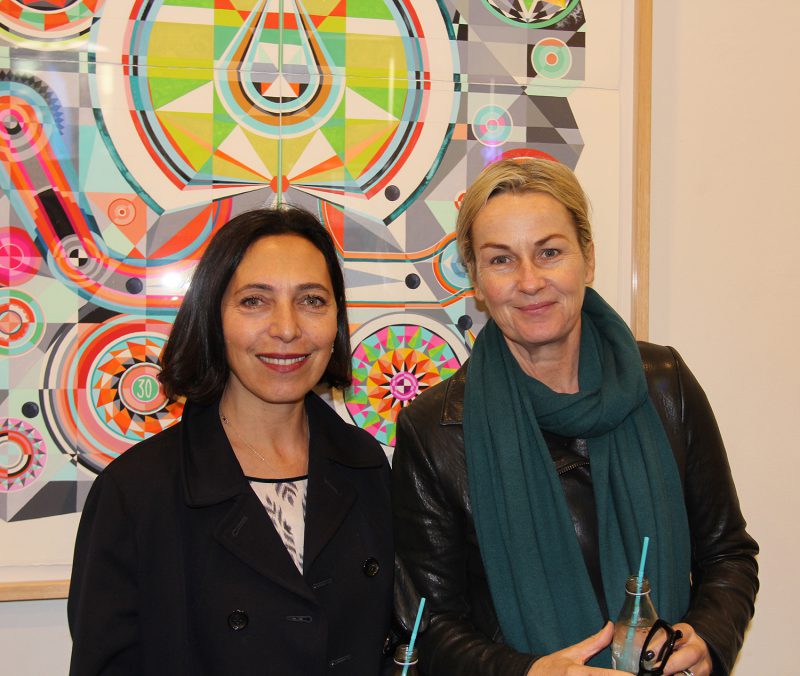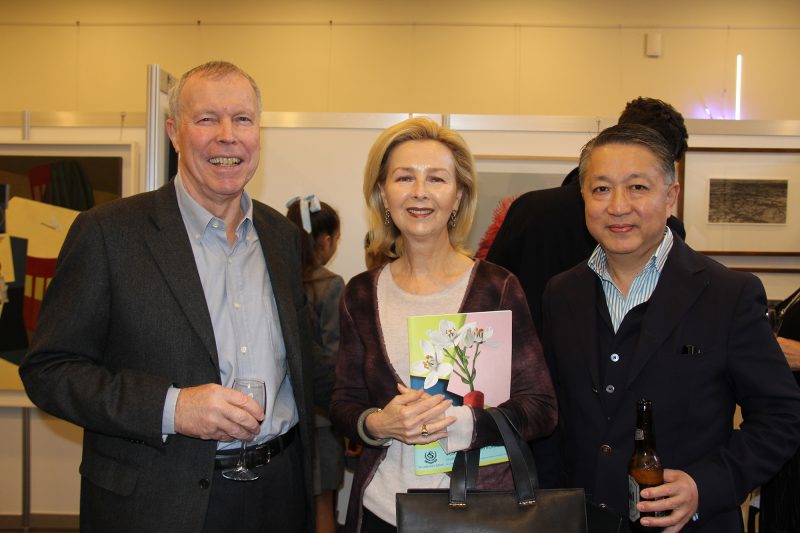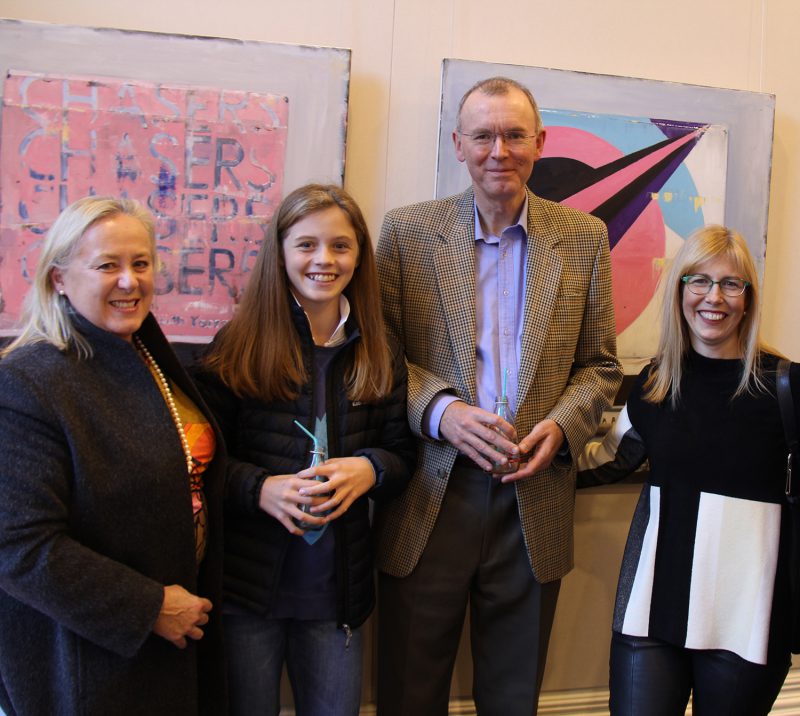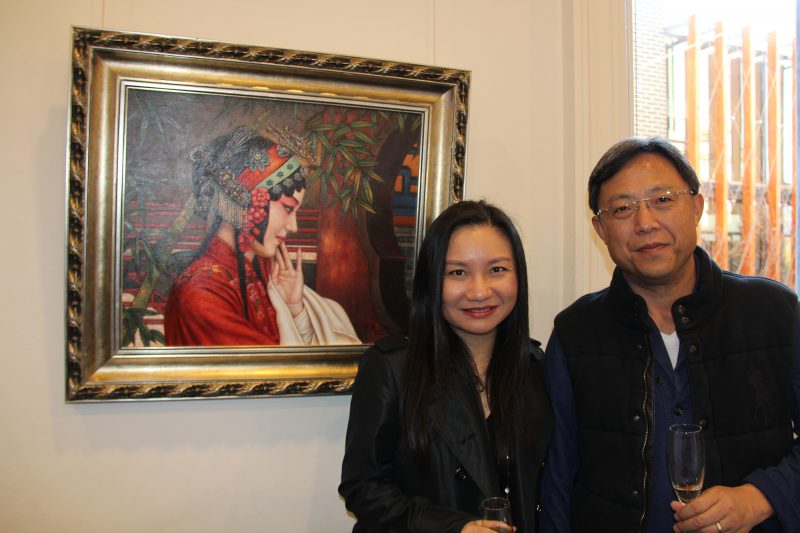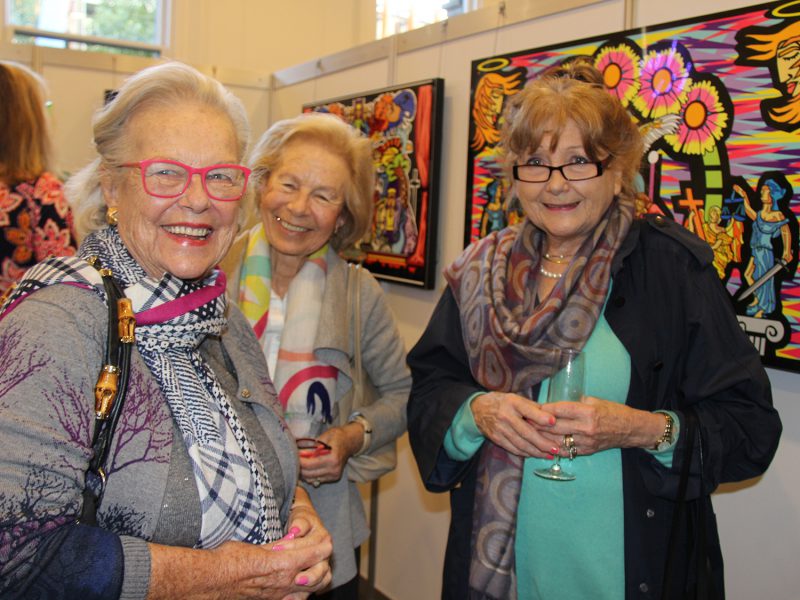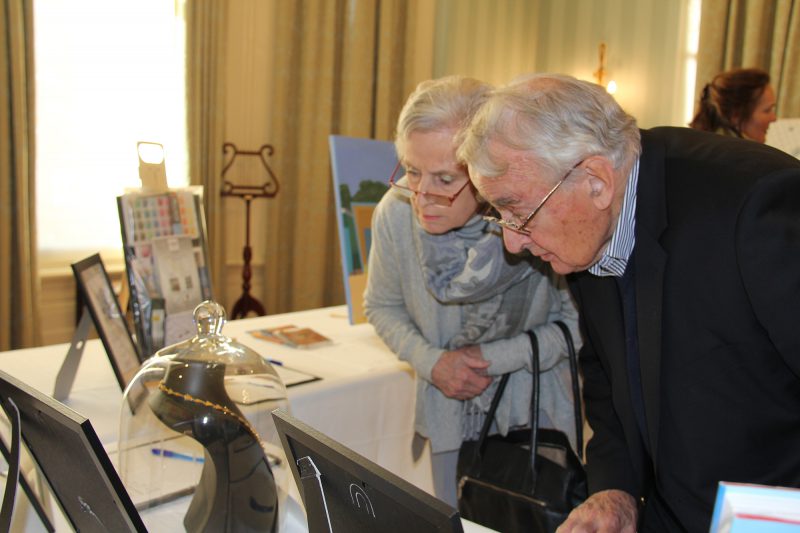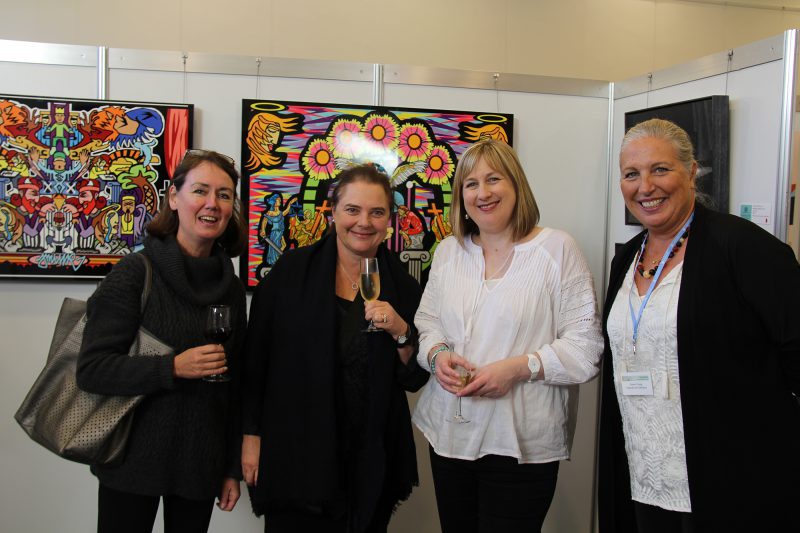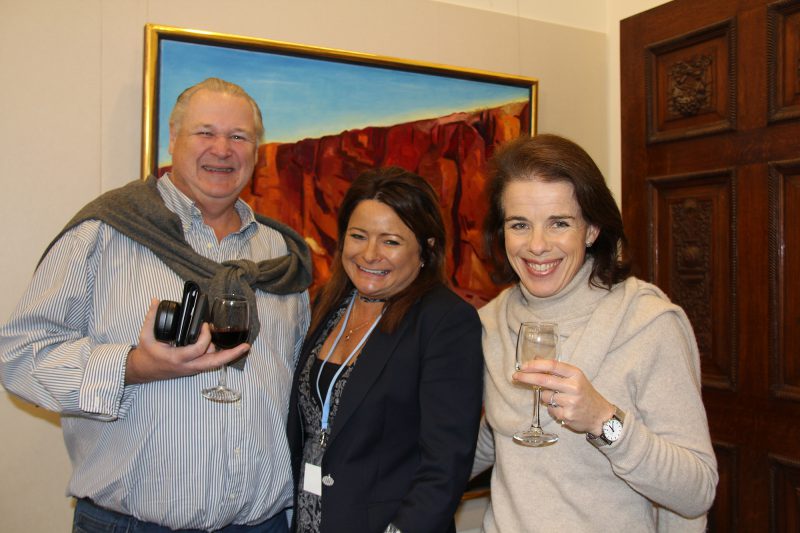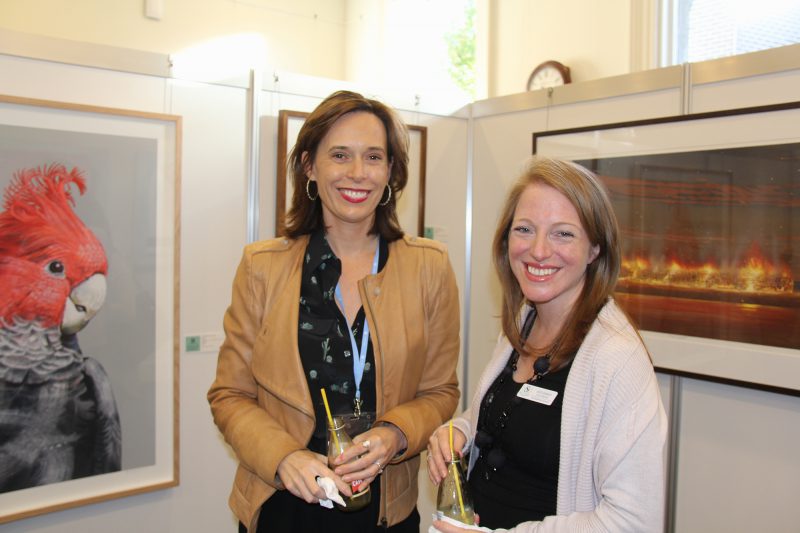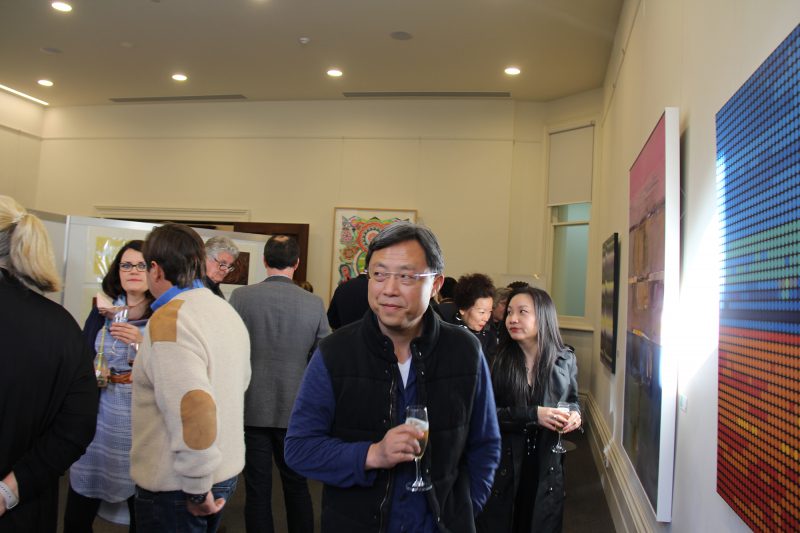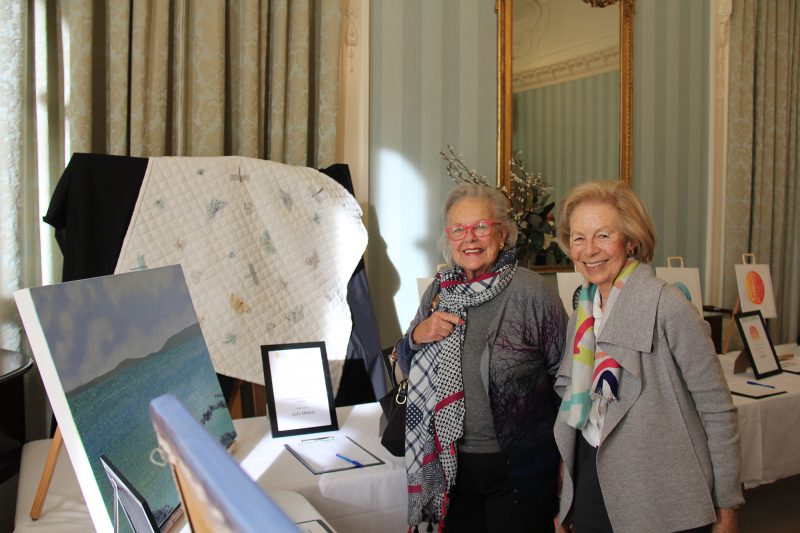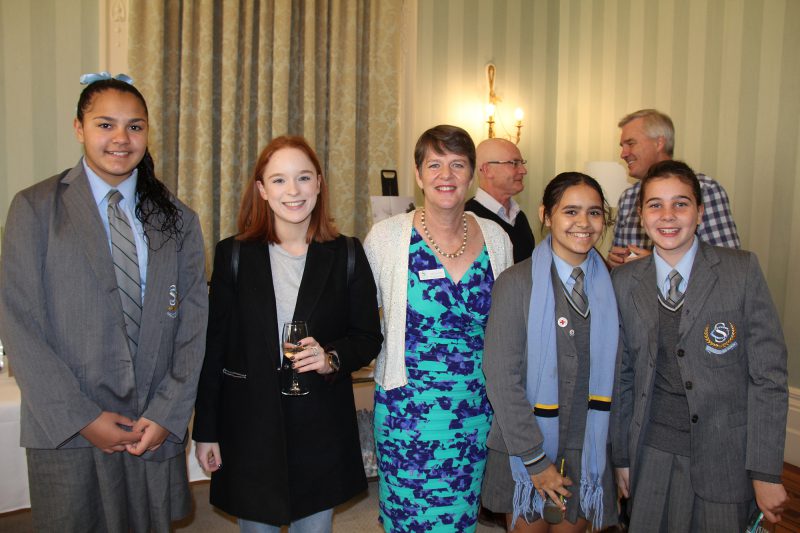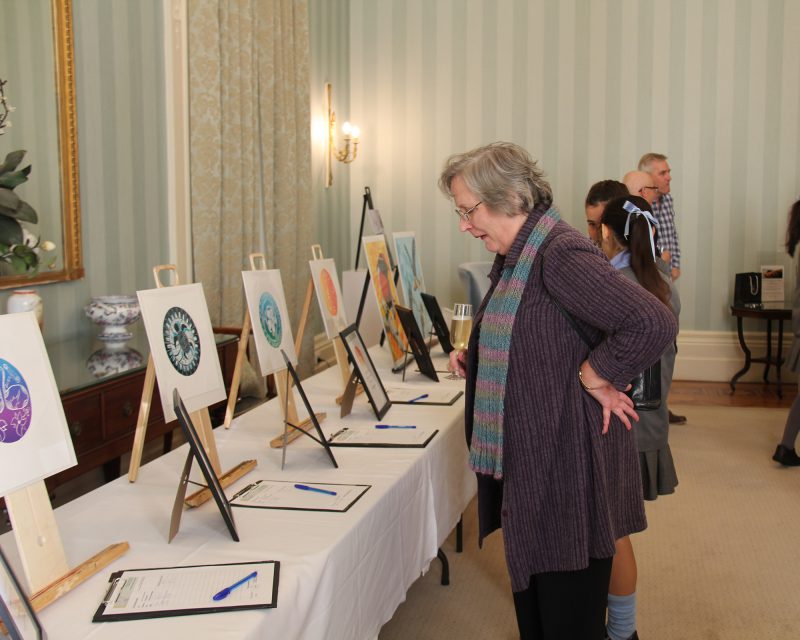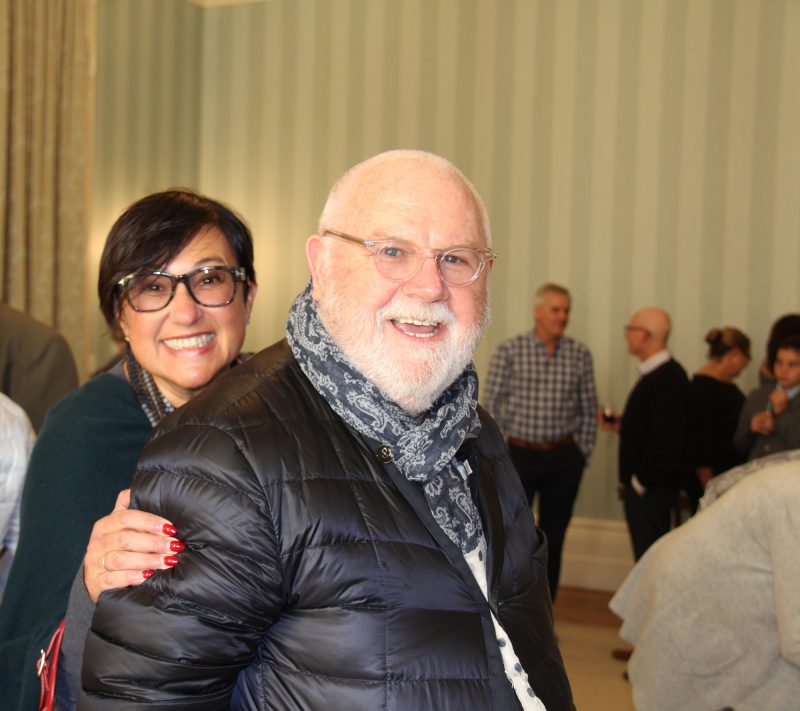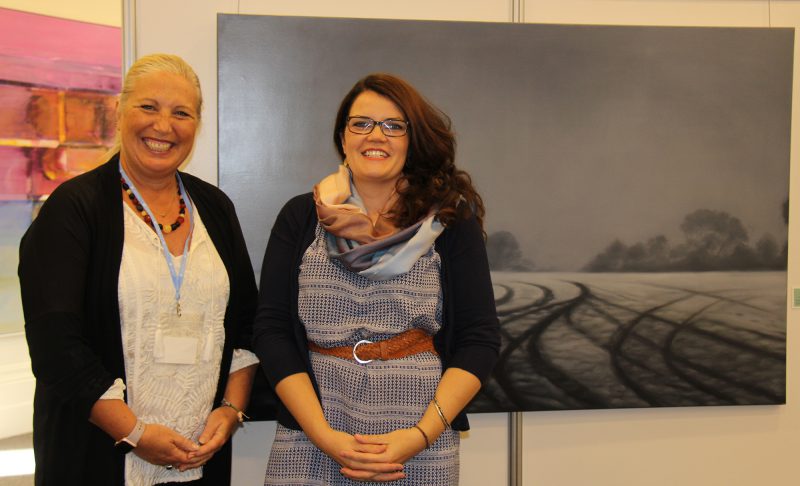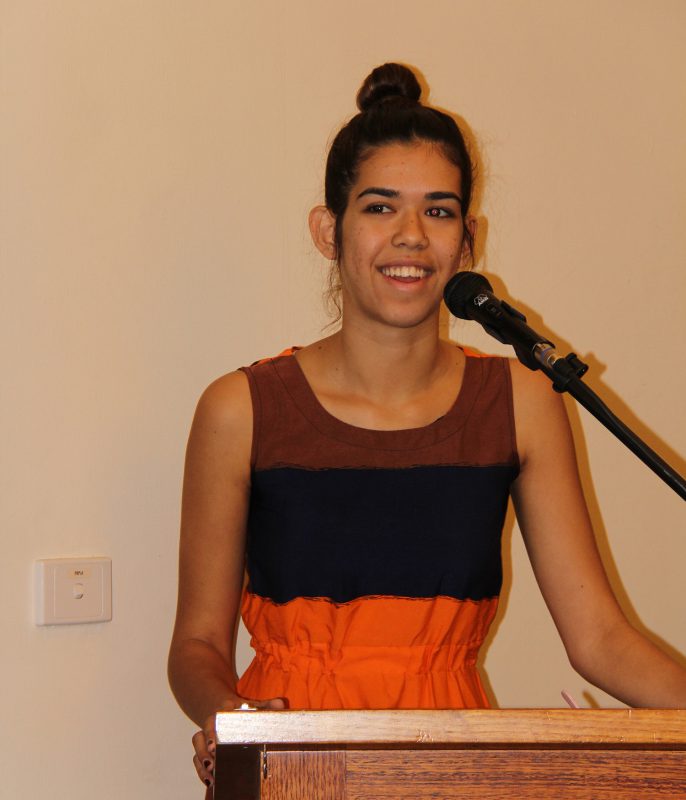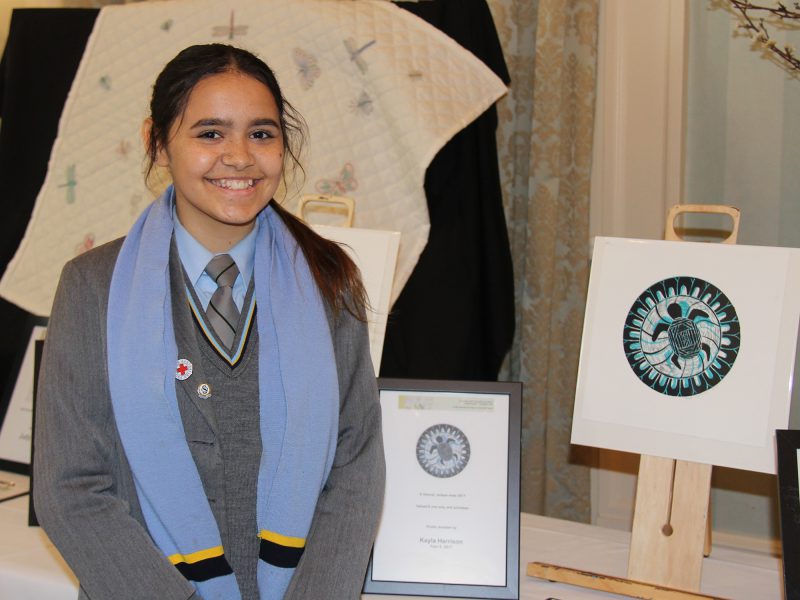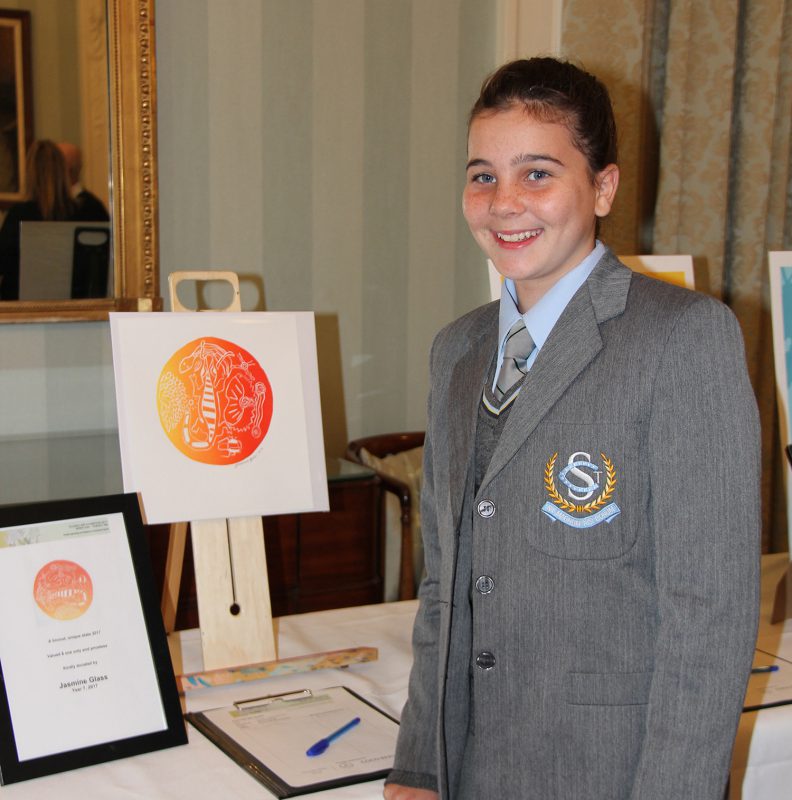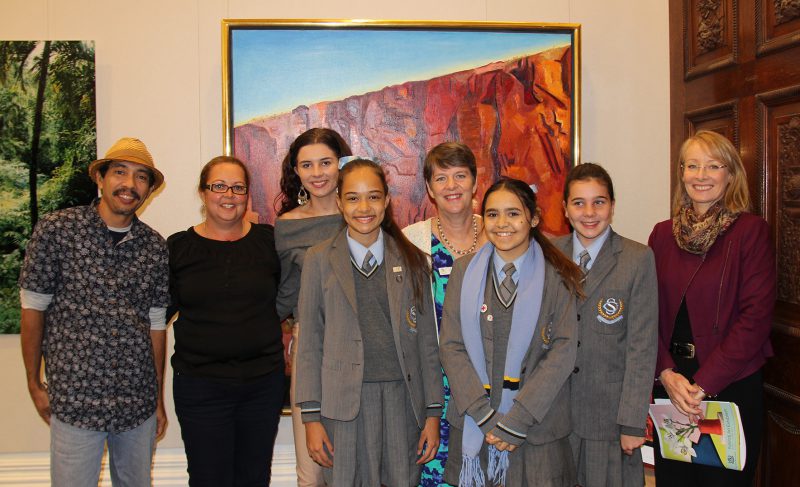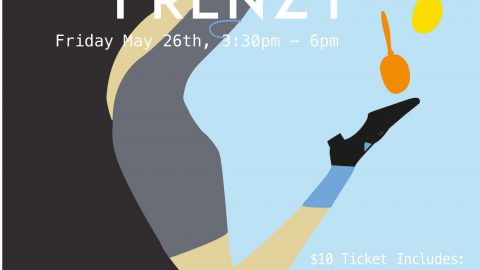From the Principal

Following the recent outstanding presentation of the Junior School Musical, The Lion King Jnr, ably performed by our Years 5 and 6 students and the success of the Years 7 and 8 Music Concert at Toorak Uniting Church this week, parents will be pleased to read the following research presented by the Alliance of Girls’ School Australasia. A new study looking at the effects that learning music has on auditory and visual skills has found that children who are exposed to at least 18 months of music lessons have an advantage in the classroom due to their faster recognition of hidden patterns and statistical regularities.
Lead researcher, Dr Pragati Mandikal-Vasuki, an auditory cognitive neuroscientist at Macquarie University, recently reported that the ability to detect statistical patterns “is a key building block of learning a language, learning to read and also learning a second language”. In fact, she says, “It’s a fundamental ability.”
In this research, students who had completed at least 18 months of private music lessons showed that they had better melody, rhythm and frequency discrimination than children without musical training. Learning statistical patterns for children is considered important because one of the ways children learn is by detecting regularities within an environment. For example, when not familiar with all the words in a sentence, we use statistical regularities to assess the many different letter combinations. Children learn these by reading thousands of English words and sentences.
Dr Mandikal-Vasuki explained “musicians were found to be better than non-musicians on the auditory statistical learning tasks. Other factors such as cognitive or auditory skills, including memory and detection of pitch, did not influence the outcome of these tasks significantly. Thus statistical learning is an independent cognitive ability.”
This study continues to add weight to the evidence that the benefits of music extend far beyond the technical ability to play an instrument into language acquisition and cognitive abilities. As Dr Mandikal-Vasuki notes, “Perception of sound is a process that starts at the ear but ends in the brain.”
Macquarie University. (2017, January 27). Singing the stats: Musical training enhances statistical learning. Retrieved from:http://www.mq.edu.au/newsroom/2017/01/27/singing-the-stats-musical-training-enhances-statistical-learning/
Macquarie University. (2017, May 15). Musical kids might be better at identifying statistical patterns. Retrieved from: http://www.mq.edu.au/newsroom/2017/05/15/musical-kids-might-be-better-at-identifying-statistical-patterns/
Yulendj Art Exhibition
Let us remember: One book, one pen, one child, and one teacher can change the world.
Malala Yousafzai, Nobel Prize laureate
I greatly appreciate the continuing support of our community for the School’s endeavours to enhance the educational opportunities for Indigenous students. Through the introduction of the St Catherine’s Indigenous Scholarship Fund and the generosity of the School community, our shared commitment and vision ensures we can make a positive change in enabling students to achieve their goals. This support provides Indigenous children with access to transformative high-quality education.
The Yulendj Art Exhibition this week has showcased the outstanding artworks of many exceptional Artists, some of which were Old Girls; this includes Jessie Breakwell(’93), Lucy Folk (’00), Katherine Hattam (’68), Jackie Moscovitch (’04), Rowena Martinich (’97) and Judy Matear (’49). As a School, we greatly appreciate their generosity in contributing artworks for the Yulendj Exhibition this week. I would also acknowledge the following Galleries for their support and ongoing commitment to our Indigenous Scholarship Fund: James Makin Gallery; Karen Woodbury Gallery; Mossgreen Gallery and MARS Gallery.
I wish to take this opportunity to acknowledge the dedication, commitment and enthusiastic support of all Committee members for the Yulendj Arts Exhibition: Mrs Lisa Steven, Chair of Committee and Committee Members: Mr Shaun Dennison, Mrs Sarah Foote, Ms Maggie Andrews, Mrs Emma Young and Ms Fiona Menzies. The committee has also been well supported by the following staff members: Mrs Gina Peele, (Director of Student Programs), Mrs Sue Collister, (Indigenous Student Coordinator), Mrs Brigid Weereratne (Head of Arts Faculty), and the Marketing and Communications Department.
The Committee have worked tirelessly in providing their professional expertise and unwavering enthusiasm in developing the Yulendj Arts Exhibition which will ensure the continuation of our Indigenous Scholarship Program. On behalf of the School community, I wholeheartedly congratulate the Committee and thank them for their commitment of time, energy and knowledge to this very worthwhile cause.
The ongoing shared commitment of our School community ensures we can make a positive change to Indigenous education. With a sound educational background, all of which embraces a life-long learning philosophy, it is extremely rewarding to witness our current Indigenous girls developing into confident and courageous young women of the future. Your generosity can help Indigenous children achieve their educational potential and create a better future for themselves.
Thank you for your ongoing support. It is greatly appreciated.


